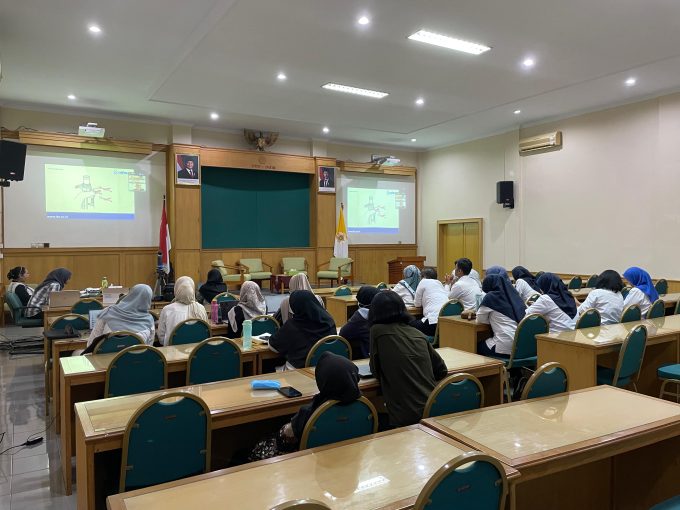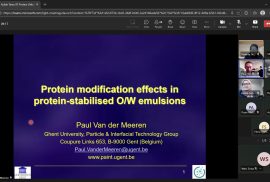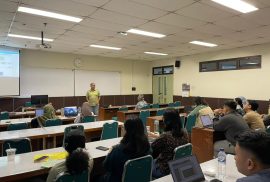
The Department of Food and Agricultural Product Technology, Universitas Gadjah Mada, held a laboratory equipment training session aimed at enhancing the technical competencies of its academic community. The micropipette training took place on Monday, June 23, 2025, and was open to undergraduate, master’s, and doctoral students. Additionally, it was mandatory for all laboratory technicians within the department.
The training was divided into two main sessions: theory and practice. The theoretical session was delivered by Mr. Zulkarnain from PT Infiniti Bioanalitika Solusindo, covering the fundamental principles of micropipette operation, pipetting techniques such as forward and reverse pipetting, and pipette maintenance. Participants were also introduced to two pipette systems—air-cushion and positive displacement, which were adjusted to liquid characteristics such as viscosity, vapour pressure, and density.
In addition, participants explored various types of micropipettes, from manual to electronic, including advanced features such as multi-dispensing, automatic dispensing, and titration. The session also addressed key aspects such as pipetting accuracy and precision, optimal aspiration angles and depths, and the importance of pre-saturation to ensure consistent results. Common issues such as inconsistent data, dripping liquids, and loose tips were discussed alongside practical solutions. Students also learned pipette cleaning and sterilization procedures for handling infectious, protein-based, or radioactive contaminants—skills crucial for maintaining data integrity and equipment lifespan.
The practice session was met with enthusiasm, as participants had the opportunity to operate both manual and electronic pipettes and apply proper pipetting techniques suited to different types of liquids. This hands-on experience not only reinforced theoretical understanding but also helped participants troubleshoot common technical challenges, further strengthening their laboratory readiness for research in food science and biotechnology.
Written by: Firstnandita K




